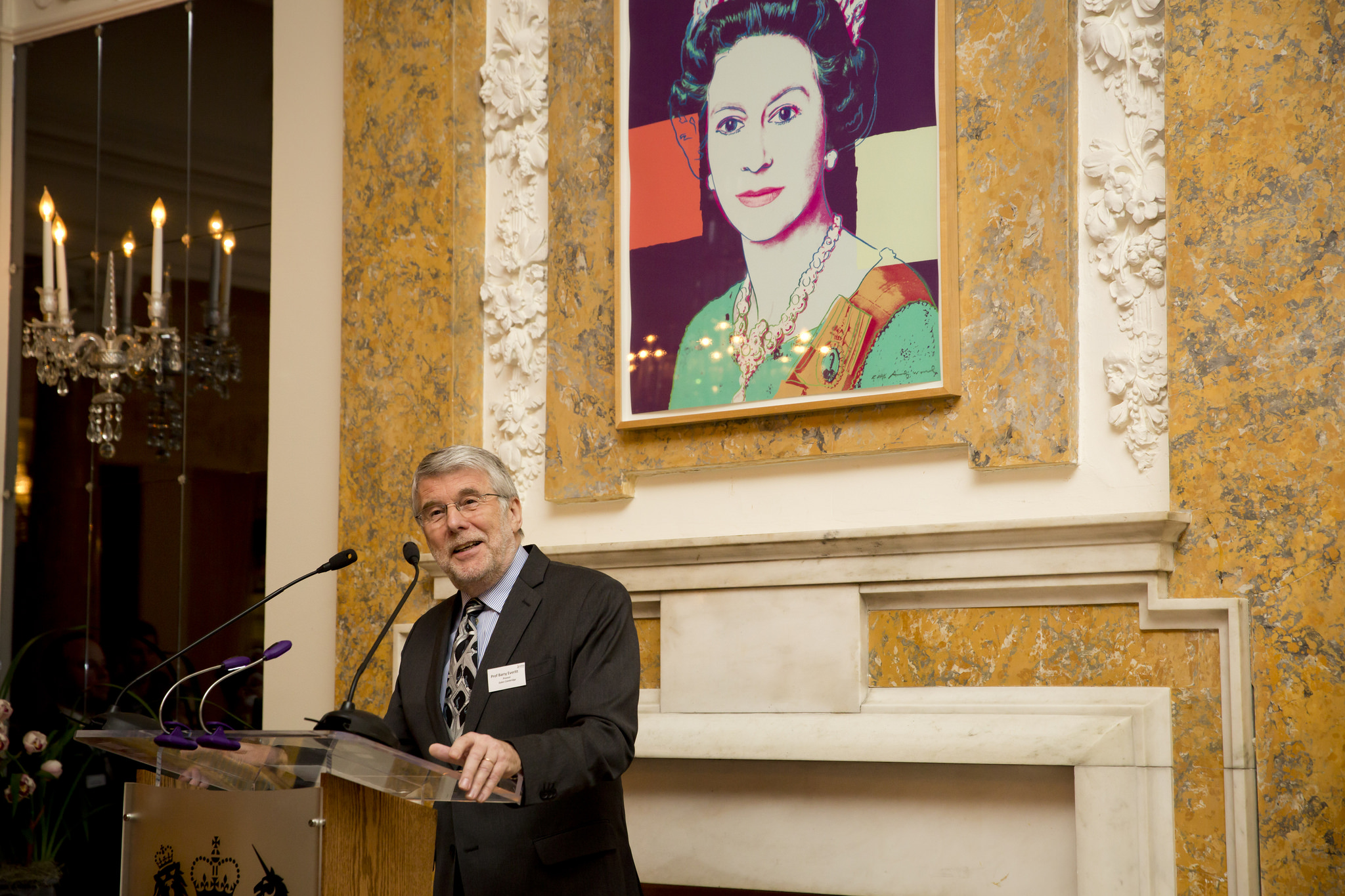
Professor Barry Everitt has been selected as President-Elect of the Society for Neuroscience.
Gates Cambridge Provost Professor Barry Everitt has been chosen as President-Elect of the Society for Neuroscience.
He is the first President of the Society to be actively based at an institution outside of North America.
Professor Everitt, who is Director of Research in the Department of Psychology at the University of Cambridge, was President of the Federation of European Neuroscience Societies from 2016 to 2018.
He will take up his new post at Neuroscience 2018 in San Diego, California, in November.
Professor Everitt, who has been Provost of Gates Cambridge since 2013, was chosen for his new post by members using an independent online survey distribution company.
He currently serves on the SfN Council and has previously served on the SfN's Committee on Committees and as Chair of the Programme Committee. An emeritus Professor of Behavioural Neuroscience at the University of Cambridge, his research is concerned with the neural and psychological mechanisms underlying learning, memory, motivation and reward especially related to drug addiction. A major research theme is the impact of learning on drug addiction – both its development and its persistence.












